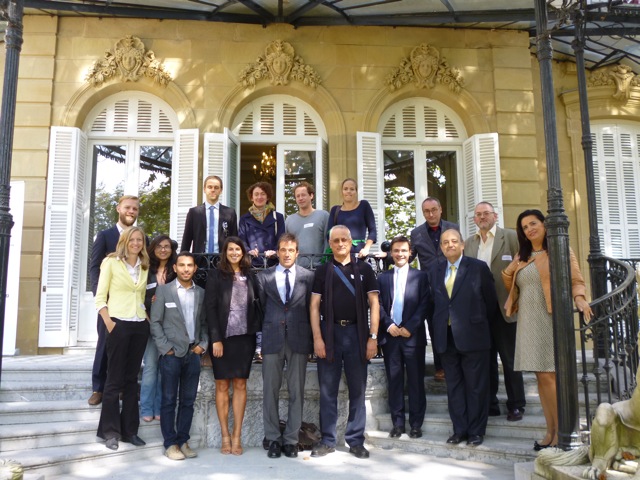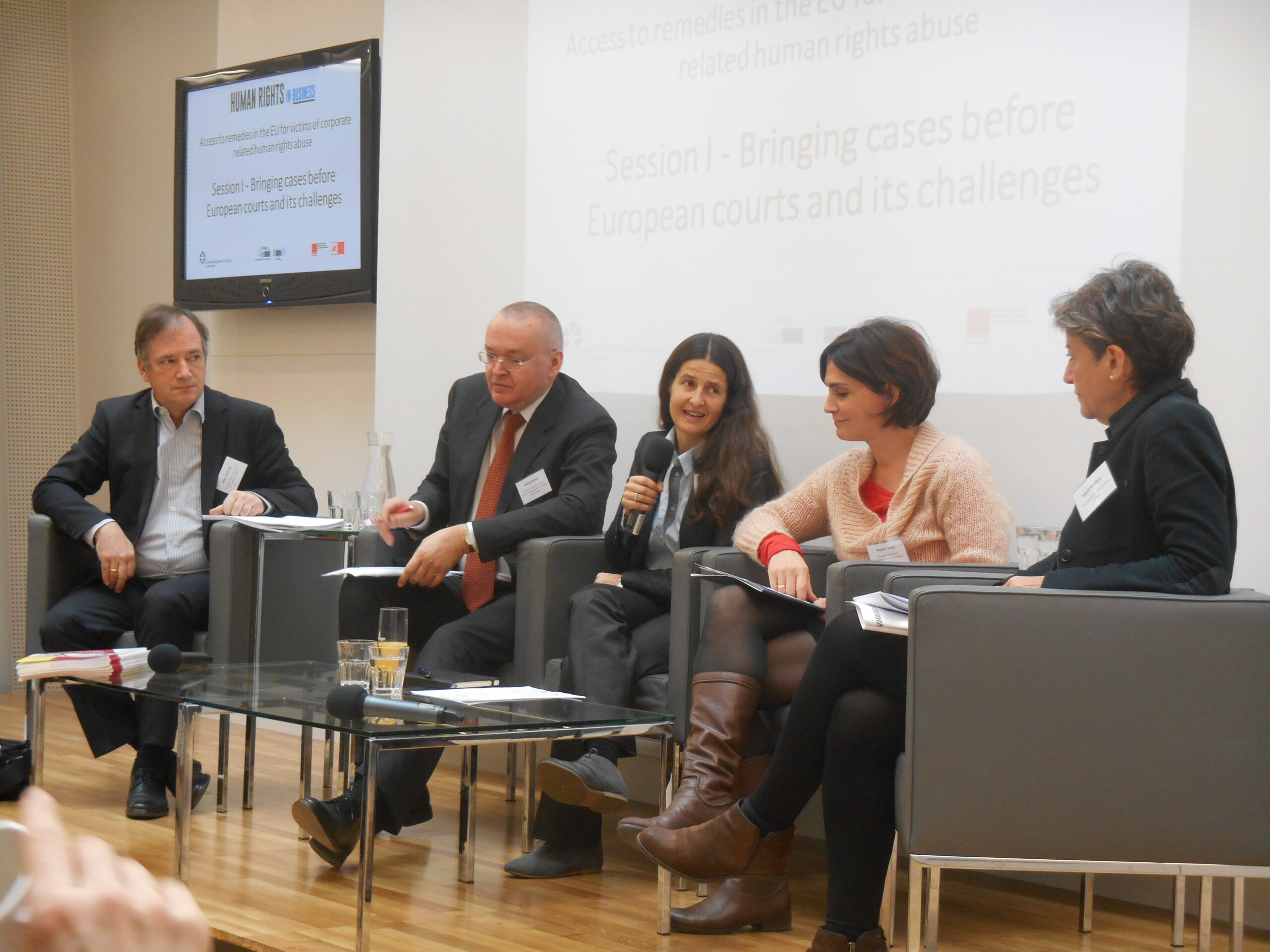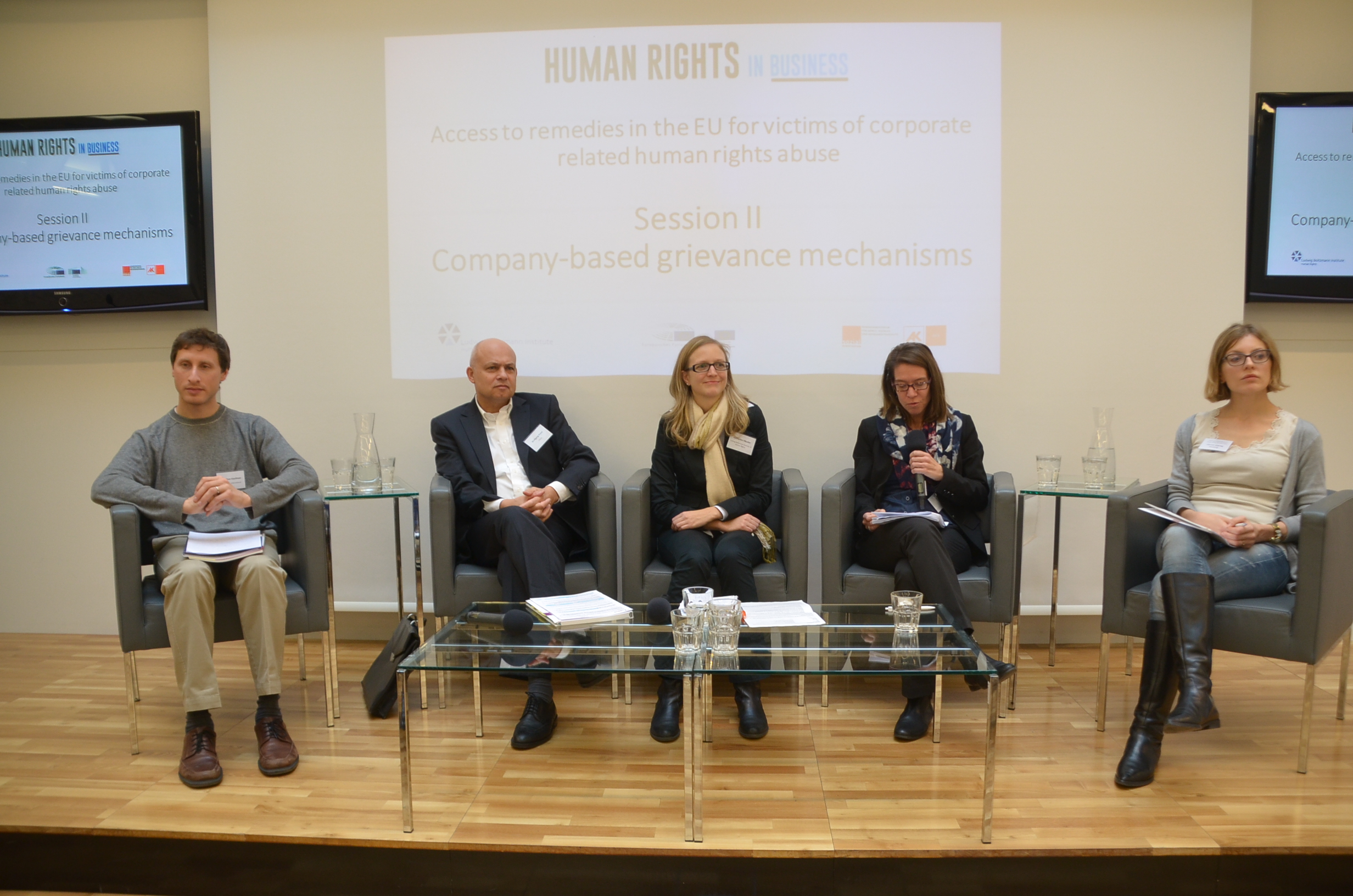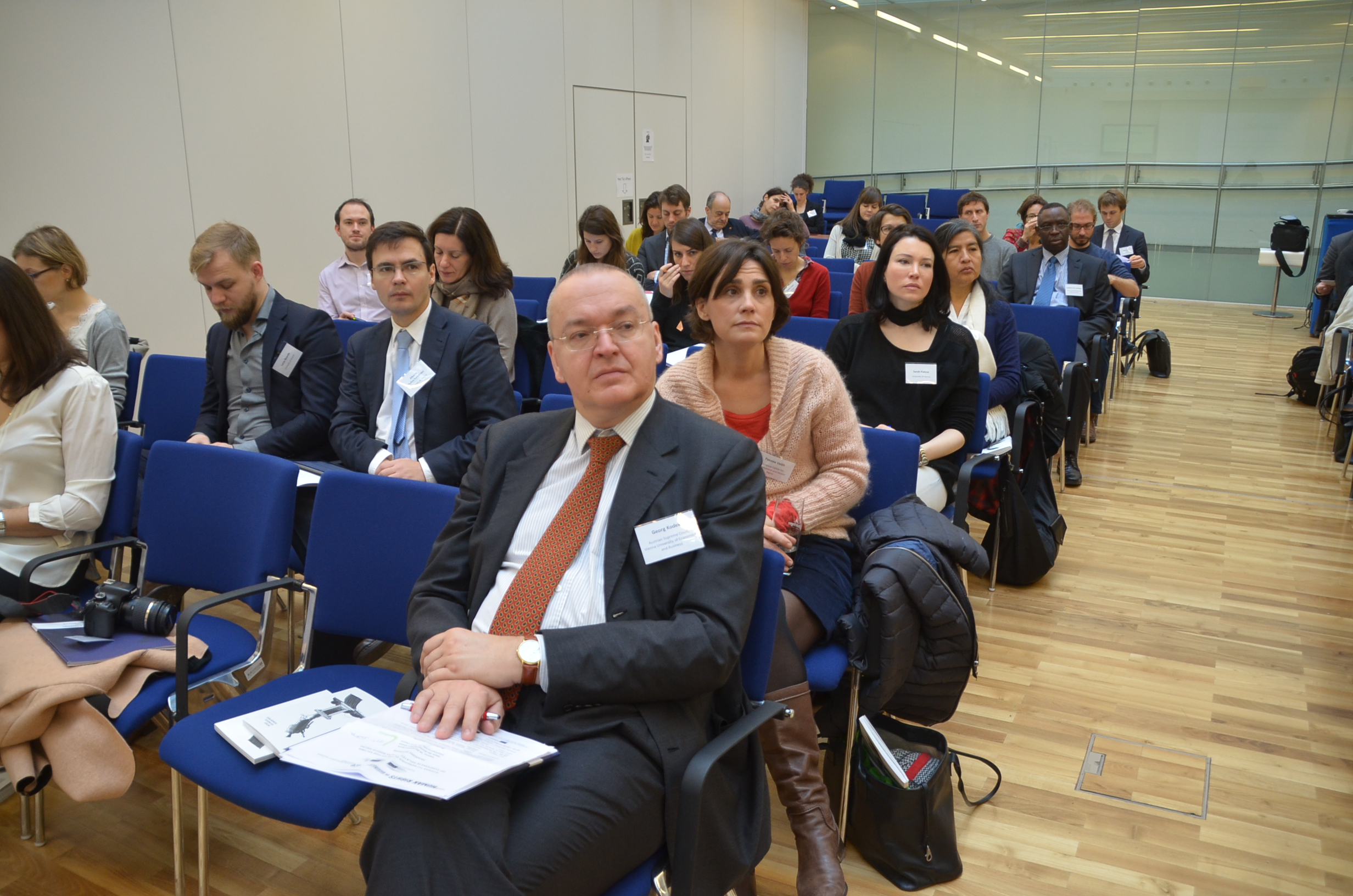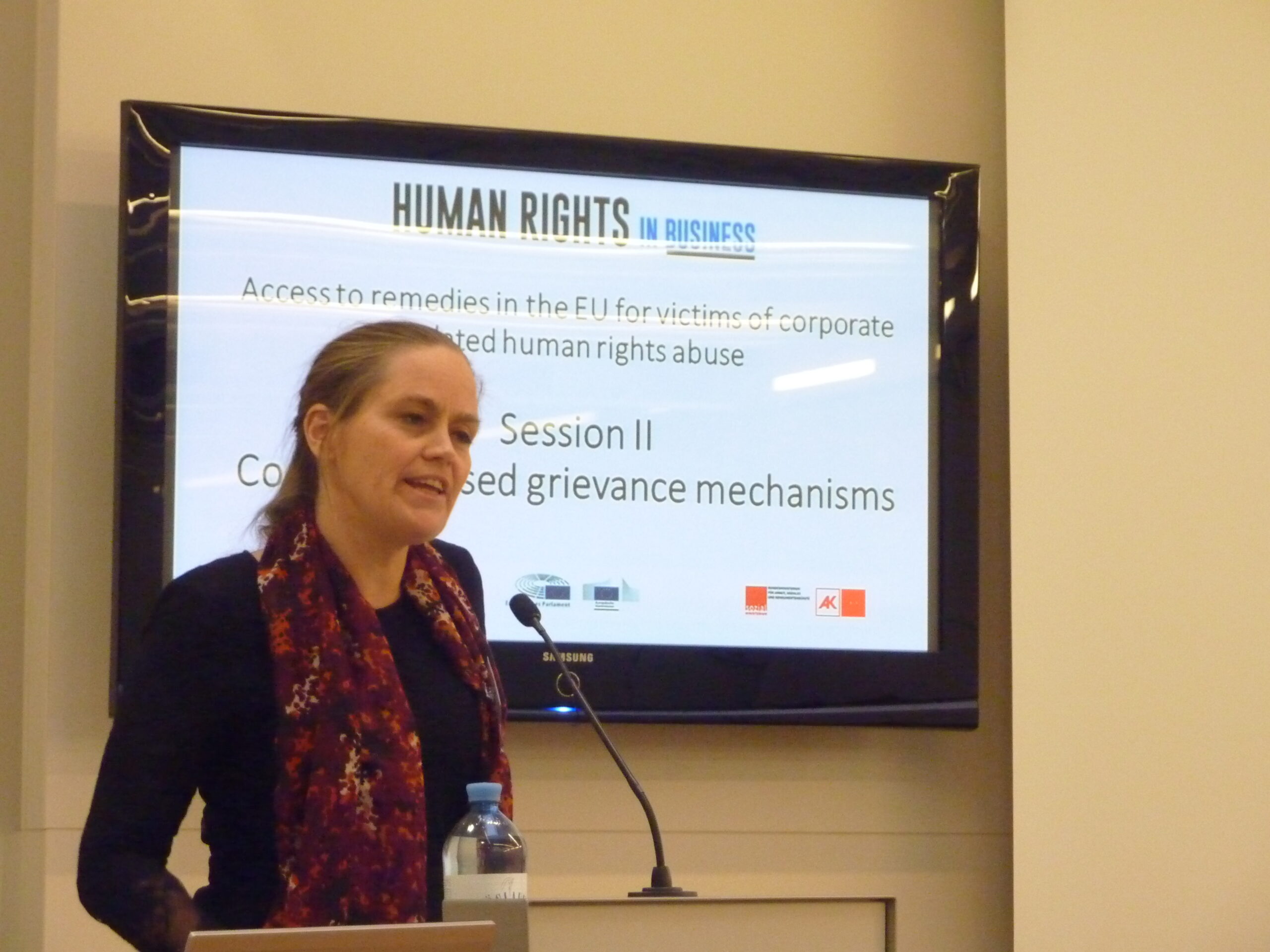Business and Human Rights challenges for cross-border litigation in the European Union
About the Project
The possibility of accessing legal remedies and claim damages for human rights violations is an important pillar of the human rights protection framework and is itself a human right that is guaranteed by numerous international treaties. This right also applies when the human rights violation is caused directly or indirectly by business activities.
In practice, however, it is often difficult for those affected to hold companies to account – either because the legal framework (often in developing countries) is weak, because judicial proceedings are complicated and expensive, or because the affluent parent company rejects responsibility. A possible alternative would be to sue the parent company in the country where it is incorporated (often in Europe or North America) but this possibility often fails to pass the preliminary procedural criteria. Indeed, the most common jurisdictional principles in tort cases call for the jurisdiction of the courts of the country where the tort took place (such as article 5.3 Regulation (EC) 44/2001).
The aim of the project was to explore judicial and non-judicial remedies within the EU to hold companies domiciled in a Member State liable for human rights violations for which they or their subcontractors are responsible, wherever the damage might have occurred. In addition to the research results, the project also developed a practical handbook on judicial and non-judicial redress mechanisms for human rights abuses by European corporations and offer trainings for stakeholders in the area of business and human rights. The Ludwig Boltzmann Institute of Fundamental an Human Rights (LBI-GMR) was responsible for the report on non-judicial redress mechanisms, building on and continuing research of previous projects in this area (cf. Extrajudicial complaint mechanisms: conflict resolution between business and human rights; Extrajudicial Complaints: Striking a Balance between Business and Human Rights Interests?) In particular, we analysed, from a human rights perspective, the possibilities of and challenges for operational-level grievance mechanisms of selected European businesses.
For more information about the project, please consult the project’s website.
The videos and podcasts of the training sessions of this project are now available online.
The book ‘Human Rights in Business – Removal of Barriers to Access to Justice in the European Union’, edited by Juan José Álvarez Rubio and Katerina Yiannibas was published in February 2017. The book, published by Routledge will contain all research findings. Further information on the book are available here. The book is available for free download as an Ebook.
Project Data
Country: Europe
Persons involved: Karin Lukas, Katharina Häusler, Julia Planitzer
Contact persons: Karin Lukas
Lead Organisation: Globernance Instituto de Gobernanza Democrática (San Sebastián)
Partner organisations: Consortium of 14 European institutions, among which the Ludwig Boltzmann Institute of Fundamental an Human Rights (LBI-GMR)
Project start: 09/2014
Project end: 08/2016
Project completed: Yes
Funded by: European Commission, Directorate-General for Justice (Grant agreement No. JUST/2013/JCIV/AG/4661); partly co-funded by the Austrian Federal Ministry of Labour, Social Affairs and Consumer Protection and the Chamber of Labour Vienna
Programme Line LBI-GMR: Sustainability, Development, Business, Social

